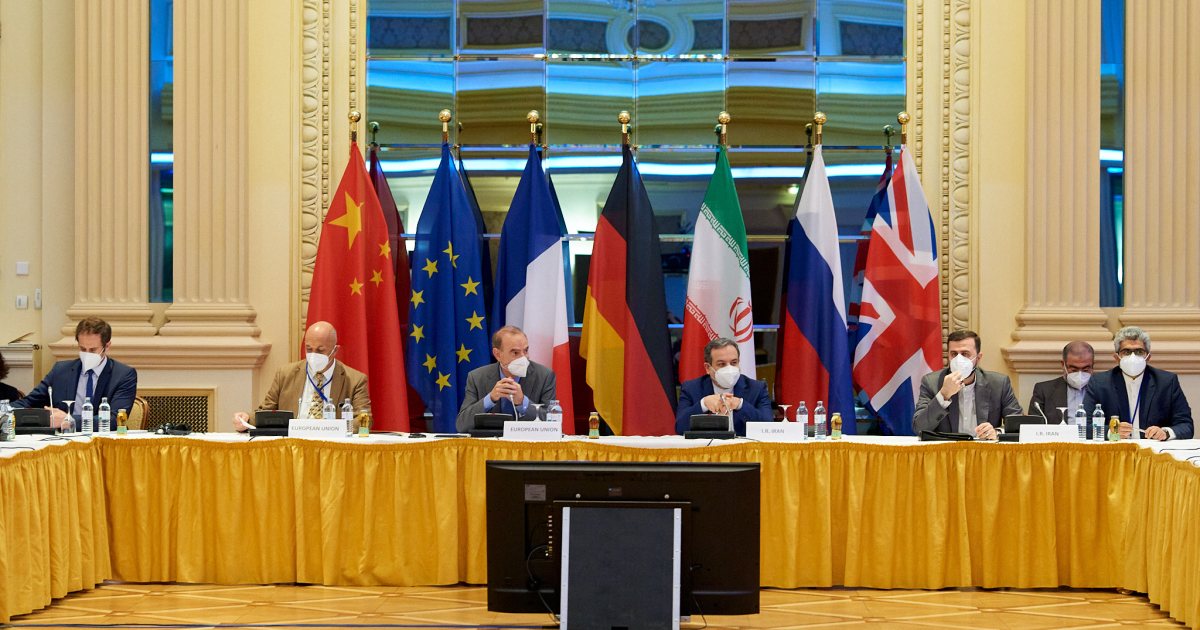US State Department spokesman Ned Price said that reaching an understanding for the mutual return of the Iranian nuclear agreement is neither imminent nor certain, while the Iranian Foreign Ministry said that reviving the agreement is closer than ever.
Price stressed - in a press conference - that Washington is preparing for all possibilities and is preparing for scenarios of joint return or non-return to the full implementation of the agreement.
A State Department spokesman said Washington was ready to take "difficult decisions" to restore restrictions on Iran's nuclear program.
Price had said in previous statements, "We are close to a possible agreement, but we haven't communicated it yet."
On the other hand, Iranian Foreign Minister Hossein Amir Abdollahian said that his country and major powers are closer than ever to reviving the nuclear agreement signed in 2015.
Abdullahian explained that Iran has informed the United States, through the European Union, of its proposals for reaching the agreement, adding that if the American side adopts a realistic view, Iran is ready to resolve the agreement in the presence of the foreign ministers of the concerned parties in Vienna.
Abdullahian had said that Iran was ready to reach a good and strong agreement in the Vienna negotiations, and stressed - in a telephone conversation with his Qatari counterpart, Sheikh Mohammed bin Abdul Rahman Al Thani - the need to preserve Iran's interests and red lines.
The Iranian minister also revealed two "issues" stuck with the United States before reaching an understanding to revive the agreement on the nuclear program in the currently stalled Vienna negotiations.
Recent negotiations in Vienna came close to restoring the 2015 nuclear deal, but Iran's demand that President Joe Biden reverse former President Donald Trump's decision to designate the Revolutionary Guards a foreign terrorist organization is one of the last remaining sticking points.
This comes amid fears in the US Senate that Washington will make concessions in order to reach an agreement that harms its interests.
Jim Risch, the top Republican in the US Senate Foreign Relations Committee, said that the Biden administration continued to seek an agreement with Iran despite the objections of its partners in the Middle East and the concerns of Congress, as he put it.
Rich added - in a statement - that the reports issued by Vienna were disturbing, expressing his concern about "the concessions that the Biden administration is considering to satisfy the Iranian regime."
He said that the deal, which provides between 90 and 130 billion dollars, eases sanctions for what he described as the worst human rights violators, and removes the Revolutionary Guards from the terrorist list, does not support US national security interests.

